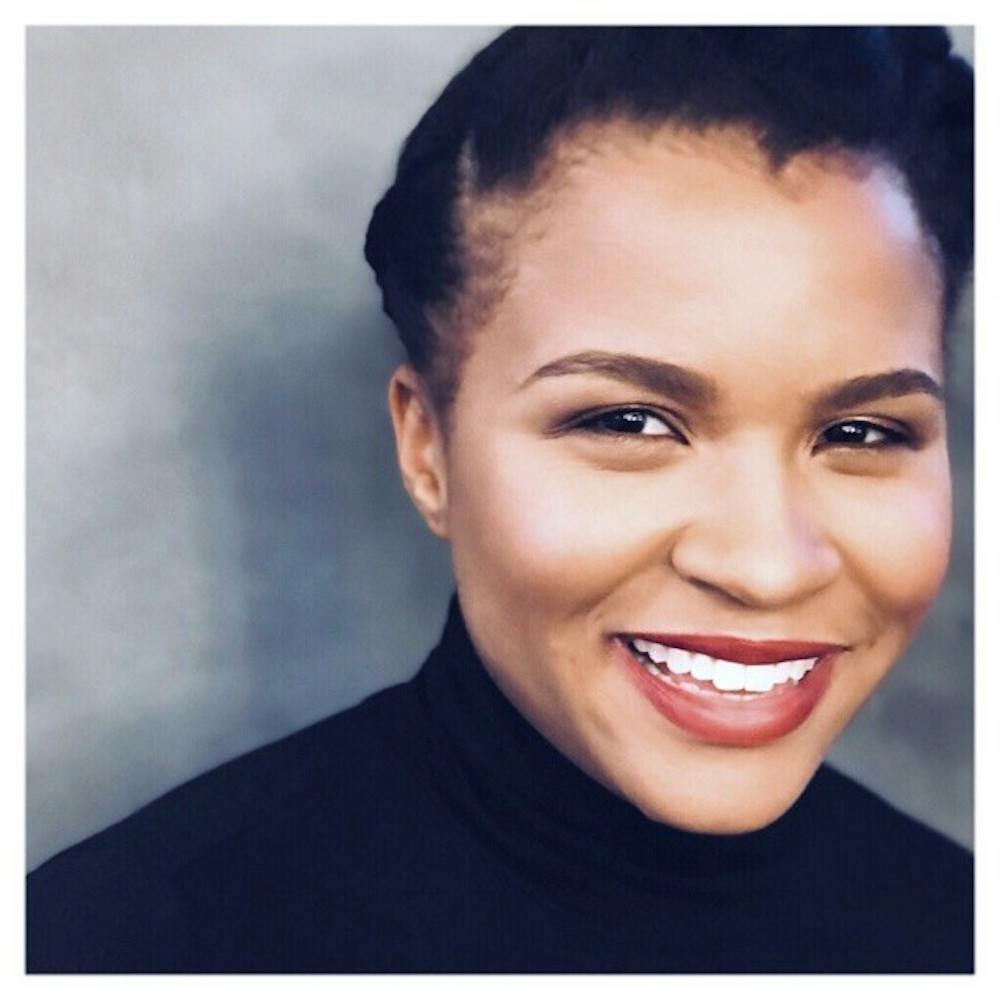Third-year College student Kristen Barrett, the first black director in student theater group Shakespeare on the Lawn’s history, will be directing SOTL’s upcoming production of “Romeo and Juliet” this semester. Reimagined as an interracial love story set in the era of the Rodney King riots, Barrett hopes to contribute a fresh perspective on race relations through the use of such a well-known and powerful play.
Arts and Entertainment sat down with Barrett to talk about the cultural relevance of her production, efforts to emphasize diversity of performers and audience alike and her thoughts on the impact of the project.
Portions of this interview have been edited and condensed for clarity.
Arts and Entertainment: For those who aren’t aware, are Shakespeare on the Lawn productions usually this topical, serious and current?
Kristen Barrett: The productions don’t have to be this topical. Directors always go through a proposal process — which is true for all student theater groups as well. They send out the parameters for what they want the show to look like, and the directors present them in-person to be voted upon. People are able to do whatever they want, and there’s a trend right now to take Shakespeare shows and change their context in order to make them topical.
For me personally, I made the decision to make “Romeo and Juliet” an interracial love story, because it always struck me as being one culture versus another. It happened to work out with the time that we’re in. It’s unfortunate and fortunate at the same time, because racial tensions are so high right now. This is the sort of thing we really need to better empathize with each other, and to show that we can overcome racial hate.
AE: How does reimagining this classic play in a modern light help make them more accessible to present day audiences?
KB: Now that we’re in this post-modernism time, as far as art is concerned, a lot of people hear “Shakespeare” and it doesn’t necessarily interest them. When you take something like Shakespeare and put it in a modern context, it automatically makes it more relatable for someone who sees the language as inaccessible. Whenever I’m talking to someone about Shakespeare, instead of focusing so much on the words and what they mean in that time, I try to make his monologues universal through themes such as love, empathy and revenge. Recontextualizing Shakespeare — looking at his work in the big picture — can make his plays more exciting and might lead to people having a new appreciation for Shakespeare. It may not have been his original intent, but that’s the nature of the language — once it’s written down, it’s not really yours anymore. There’s definitely a place for traditional Shakespeare fans as well, and I’m hoping that our production pleases both those who like traditional Shakespeare, and those who want to see it reimagined. We’re still keeping the language, but changing the context, and I think that is perfect for this post-modernist route.
AE: Given that the Rodney King riots occurred before most University students were born, why did you choose this setting? Is there a particular significance to these riots in the context of “Romeo and Juliet”?
KB: The reason why I chose this setting is there’s a lot of activists talking about it right now, and you even see it in “Black Panther.” I think it’s important when we’re discussing racial tensions now to also look at the past to understand why we are where we are today. I think it helps actors, audience members and staff reflect on how far or not far we’ve come since that time, and it’s a good learning experience. The fashion during that time, and the many television shows that people still watch now which shape our perception of the ‘90s. The ‘90s were a time when a lot of our parents were alive then, so hearing their perspectives on the differences between now and then make it seem like the time period is very relatable. Since we’re far removed from them, we have a better idea of the impact of the Rodney King riots, whereas we’re still very close to the 2016 election and the events of August 11 and 12. We don’t have the benefit of looking in hindsight yet, so we get a better idea of what we just went through by looking at the riots in 1992.
AE: Why do you feel it’s important to engage the performers’ outside attitudes on race relations and current events? How do you feel this focus will enhance the show?
KB: One thing is, performing interracial relationships isn’t necessarily an easy thing, and it’s going to be uncomfortable. There are going to be situations where, for instance, a microaggression is stated and we’re going to have to educate each other and show each other grace. So, once again, this relates to the difference between having a show that has a diverse cast and having a show that more deeply engages with cultural differences. When we’re in the room, we can’t just say, “Go memorize your lines.” We need to have a discussion with questions like, “Why do you think it’s important to have a show right now that’s talking about race relations?” or “How can we make sure that we’re creating an atmosphere where we can learn from each other, and call each other out in a safe space?”
We want to start making these relationships happen right here and right now, because, in my opinion, diversity is something that is lacking in the theater community, and this show could be a positive step towards that.
AE: Is there a specific overarching message you’d like the audience to take away from your production of “Romeo and Juliet”?
KB: The overarching message I want to put out there is “hate is not the answer,” and we should all be striving for there to be love and empathy between different races and cultures. The first week of rehearsals will be only talking about the context of the show, and teasing out those different opinions on race relations. I think when it comes down to it at the root, we all want the same thing, which is acceptance of one another. As long as people are able to come to the show and get that message from it — feeling that sense of hope that it’s possible to have better race relations in the present — then I feel that we will have succeeded.
Shakespeare on the Lawn’s production of “Romeo and Juliet” will hold auditions in Lawn Room 55 on Sept. 6, 7 and 8, and performances of the show will be held on Nov. 15-17.





